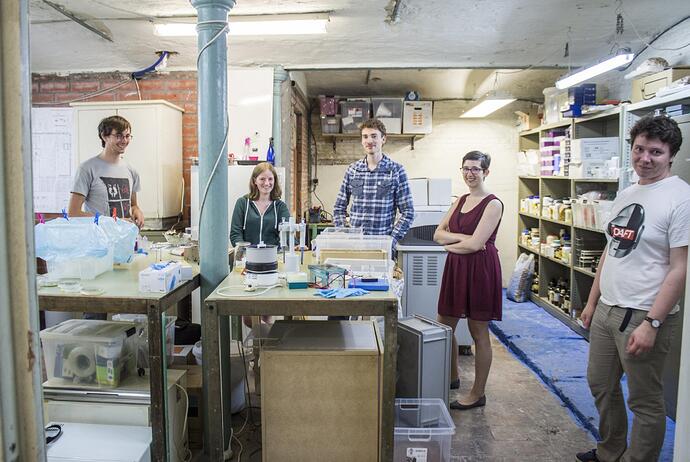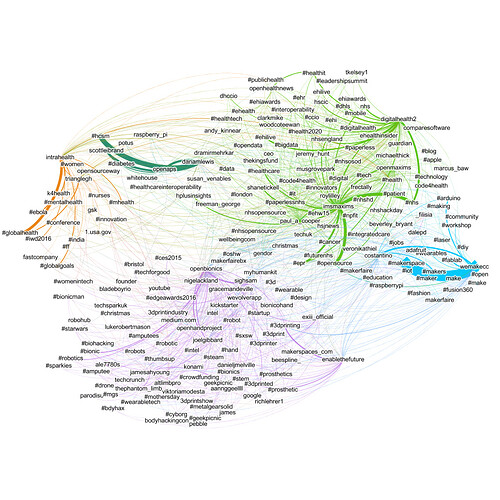I am actively involved in alternative ways of doing research as one of the initiators behind ReaGent, a publicly accessible biolab that allows citizens to do research independent of institutions. I facilitate and participate in open research projects and teach children and adults alike about biosciences.
Research is an important driver for progress in healthcare. It brings us cheaper medicine, cures to seemingly incurable diseases and better therapies.
Yet research methods have not evolved much at all to better reflect the needs of patients and citizens. The people whom the research is essentially meant for, are largely left out of the process. Moreover, the outcomes are often shielded behind intellectual property law or unaffordable prices. Citizen science and open science are research philosophies that offer an alternative.
Citizen science as an approach is overwhelmingly commonly reduced to an alternative method for collecting data. I was at a conference dedicated to citizen science a few months ago; a full programme, even quite diverse for most standards, and data collection and data quality were all anyone wanted to talk about.
Insight only progresses if we ask the right questions.
At the conference not a word was spoken about better ways of actively listening to citizens every step of the way. Closely involving patients was missing from virtually every research agenda.
In OpenCare I saw plenty of initiatives that are successful at taking citizen-led and open research to the next level. Biohackers are producing open source insulin, researchers in Greece are putting almost-forgotten research to use for everyone and people with motor impairment are coming together with researchers to develop open source neuroprosthetics in maker spaces.
In the grand scheme of things however, these examples are few and far between. But we need more of them. For this, we need to share best practices, learn from each other and ultimately implement real life solutions. I curate a theme on open science and citizen science at the OpenVillage Festival so that we may do so.
This theme at the OpenVillage Festival brings together people and projects with hands on expertise to build on each other’s knowledge in order to push the boundaries further.
We will answer questions like
- How do you ensure long term sustainability for your project?
- How do you encourage change at policy level?
- What have you learned about having citizens define and help advance your research project?
Do you want to be part of this?
Going through these steps will get you a ticket to the festival straight away:
- 10 mins task | Share headlines to your network, invite interesting people and projects whose opinion you value to join the discussion.
- 30 mins task | Share thoughtful feedback to move our initiatives forward. We ask everyone to read and comment stories about 3 community members initiatives. In part it's to ensure that people know about what others are doing, as well as to start building generative relationships between peers.
- 1 hour task | Post your story of open or citizen science research online. Answer the questions above, share with others the needs or obstacles you experience and pose a question yourself.
Head over to Registration for more information.
Do you want to share a valuable insight? Do you want to solve your most pressing issues together with the participants of the festival?
Post a proposal for an interactive session at the OpenVillage festival in the OpenVillage coordination group. During the session you should also look for answers to your most pressing needs. Strengthen your proposal by discussing with other community members.
This blogpost has been realised as part of the OpenCare Community Fellowship Program with the support of SCImPULSE Foundation.

